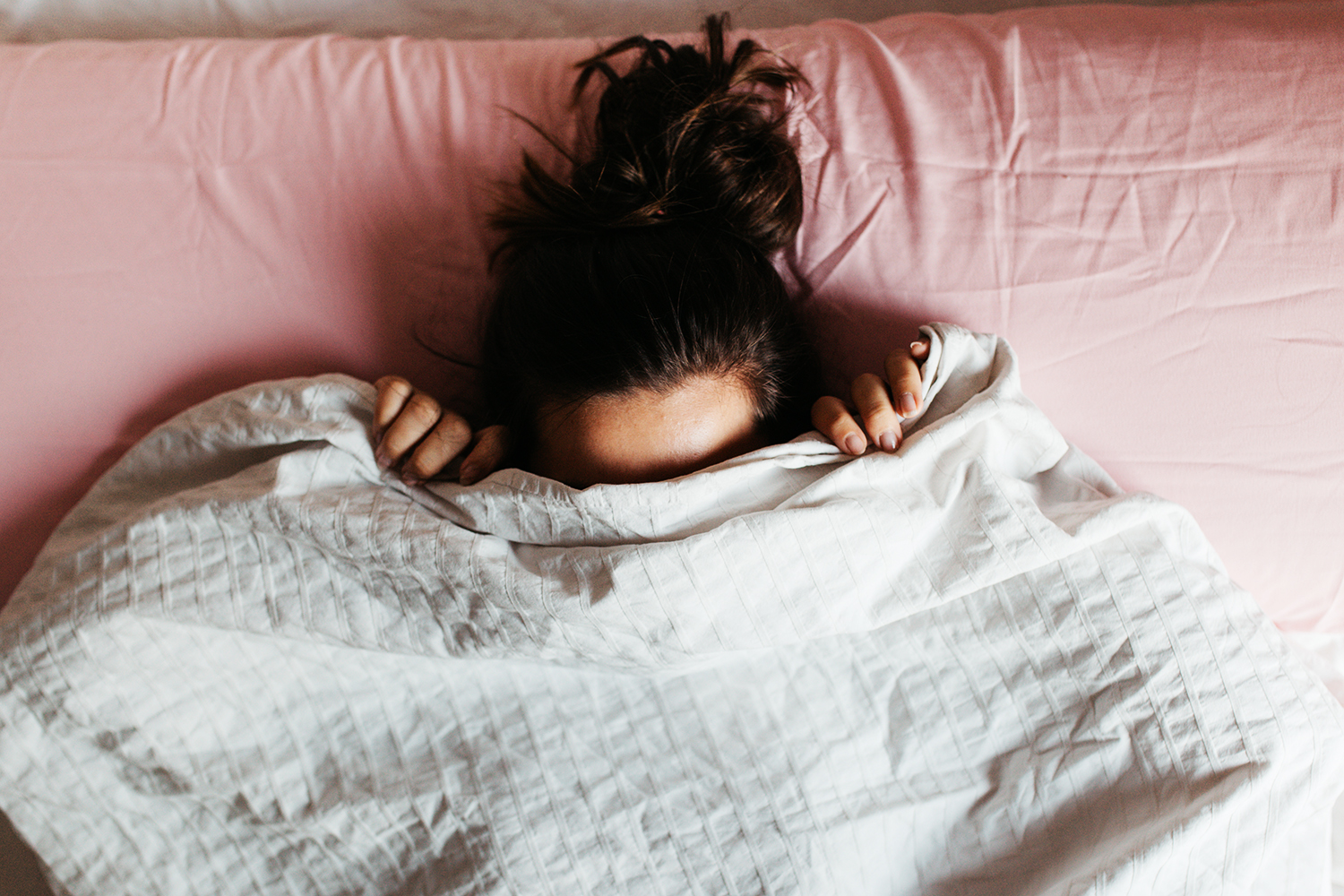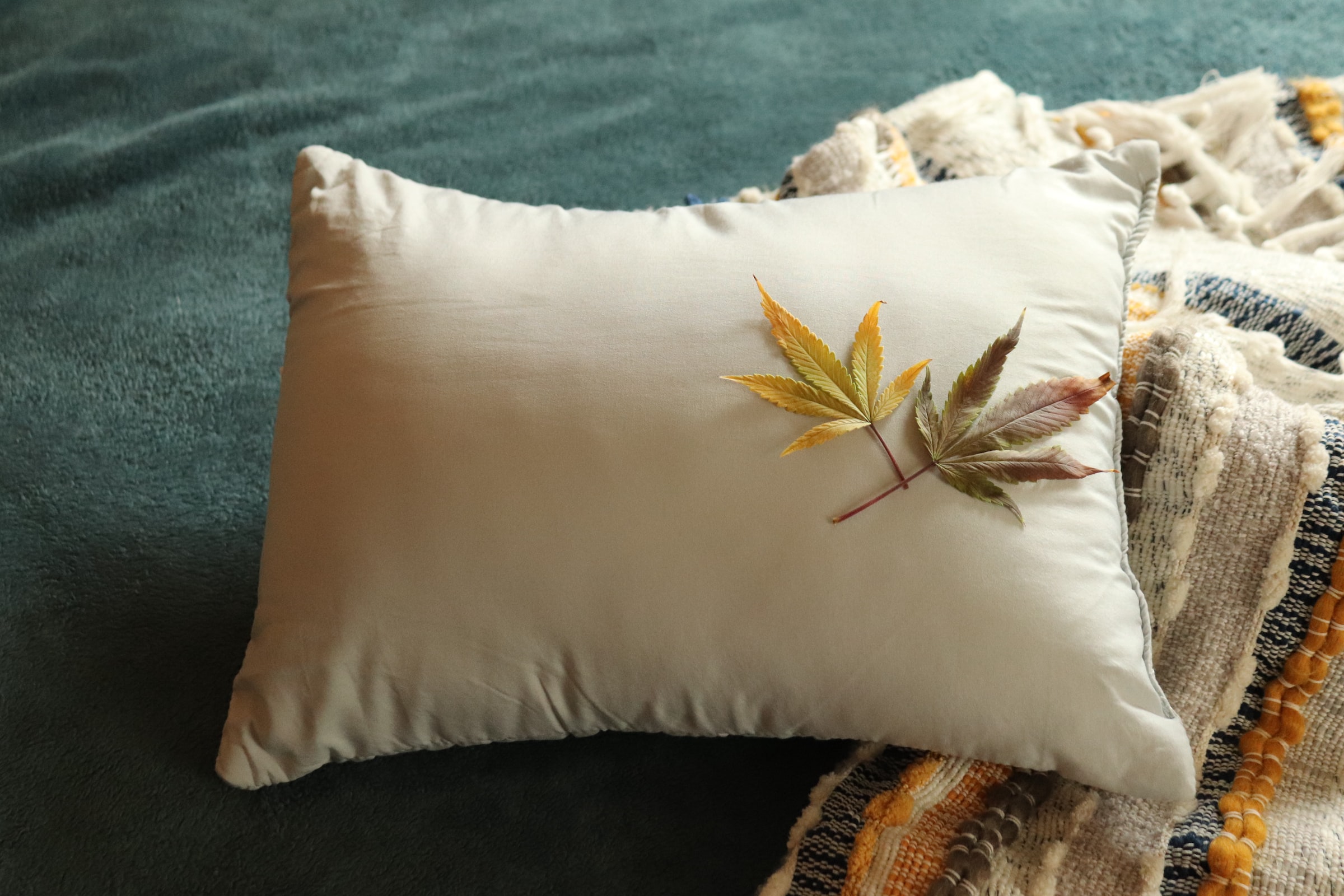More than a third of the French population declares to suffer from sleep disorders. A good quality sleep lasts 7 hours for an adult, which must represent 85% of the time spent in bed (about 8 hours). There can be several causes of sleep disorders: stress and mood disorders, illnesses (fever or migraines), noise and/or light pollution, poor diet, or medication. Stress can also be the cause of a sleep disorder, responsible for our physical, mental, and social malaise.
We all love sleeping, but at times this can be a very difficult thing to do, and with the way our lives are more and more active, some people have sleep issues, be it insomnia or sleep apnea. These are only some of the things that may cause us to not sleep well, and a good way to remedy this situation is to visit your medical practitioner.
This can be treated without having to resort to medication: by relaxation techniques given by personal development specialists to release your tensions, but also by adopting good lifestyle habits. So, without further ado, let’s dive into this blog and learn to sleep well.
Harmful effects of sleep disorders

Sleep disorders are one of the most frequent reasons for consultation in general medicine. The consequences are numerous, unsuspected, often neglected, and much more harmful than we think:
-
- Obesity: according to studies, people who sleep badly are more exposed to the risk of obesity. Indeed, lack of sleep increases the permanent feeling of hunger and the attraction to unhealthy foods (sweet or fatty).
-
- Depression and relationship problems: someone who lacks sleep gets irritated and more aggressive toward others.
-
- Lack of attention: it is difficult to concentrate, and our capacity for vigilance is also reduced.
-
- Decreased capacity of the immune system: antibodies and white blood cells are less effective. A person suffering from a sleep disorder is, for example, 4 times more likely to catch a cold.
-
- The risk of cardiovascular diseases: sleep disorder exposes us to risks of stroke or infarction. The heart is more solicited instead of resting because of the blood pressure and the stress hormone (adrenaline)
-
- The impact on the skin: the sleep disorder is catastrophic for the skin. It is thanks to sleep that the body destroys toxins and ensures better cell renewal. Lack of sleep makes us look older.
Recourse to specific treatments
To solve the problem of sleep disorders, we can use relaxation techniques that work on both the body and the mind. Many people also use homeopathy: it is better to ask the advice of specialists because homeopathic treatment is complex, and the remedies are adapted to specific symptoms.
Adopt good lifestyle habits

Some seemingly simple gestures will help you fight against sleep disorders:
-
- Sleep on a regular bedtime and wake-up schedule. This helps you fall asleep and wake up more easily. Avoid napping as much as possible, as it can disrupt your sleep.
-
- Make sure that the atmosphere in your room is conducive to sleep: no bright lights, no noise, and well-ventilated with a favorable temperature (not too hot or too cold).
-
- Do physical activities, but do them in moderation: for sports activities, don’t expose yourself too much to fatigue, which will require more recovery time.
-
- Adopt healthy eating habits: avoid too many stimulants (coffee, tea, alcohol) during the day, eat a balanced diet (not too heavy or too light) before sleeping
-
- Stay away from screens: no phones or screens before sleep. The light from the screens decreases the production of the sleep hormone (melatonin), prefer reading books helps you to fall asleep more quickly.
Sound off in the comments section below, and tell us what you want to read next and if you want to read more about sleeping well.


